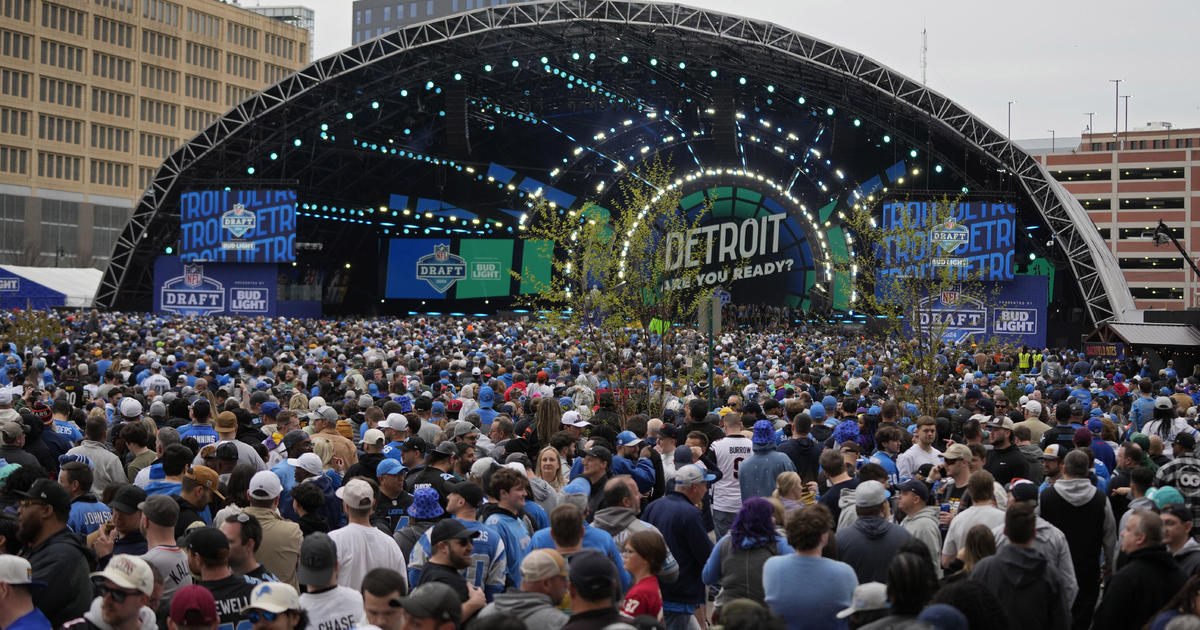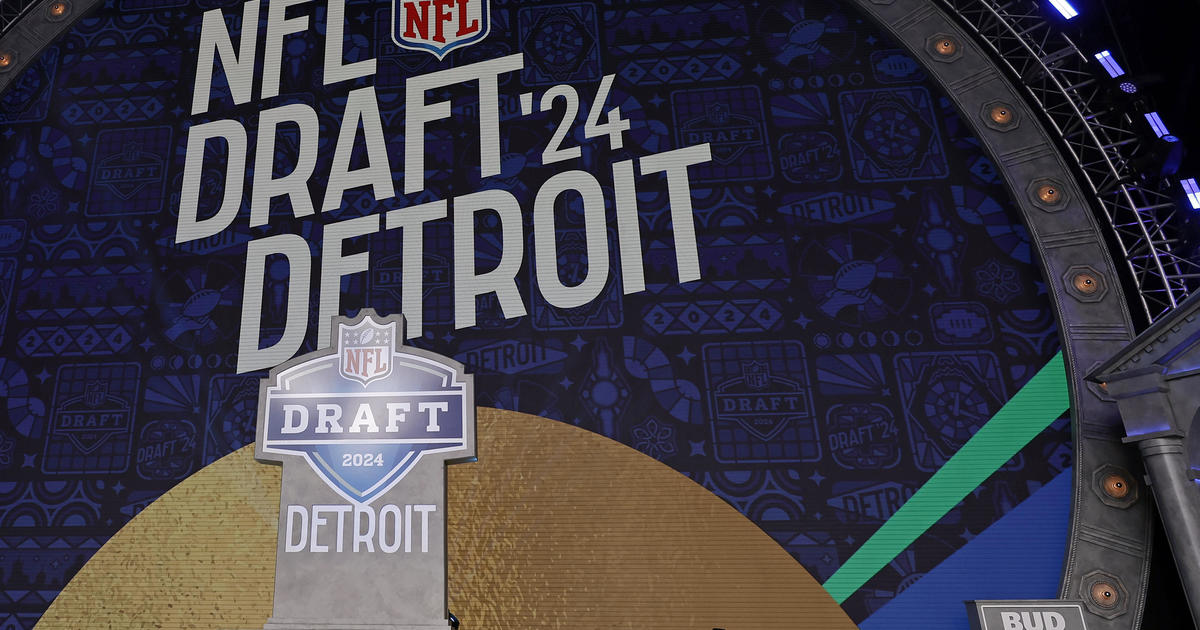After searing inflation, "American workers are getting ahead," Treasury Secretary Janet Yellen says
Treasury Secretary Janet Yellen said "American workers are getting ahead" now that their pay is growing faster than inflation, making the Biden administration's case that the U.S. has rebounded from the economic calamity caused by the pandemic.
"We know that Americans are experiencing discomfort because some important prices are higher than they were pre-pandemic," Yellen told "CBS Evening News." "But what I think is really important is that wages have gone up along with prices, so people are better off than they were pre-pandemic."
Inflation ranked as the most important problem facing the U.S. in a December poll of American adults by CBS News, even outpacing issues like immigration and the state of democracy. Prices skyrocketed in the aftermath of the COVID-19 pandemic, with inflation reaching a 40-year high of 9.1% in June 2022, squeezing millions of households whose incomes failed to keep pace.
Inflation has rapidly cooled since then, thanks in part to a series of interest rate hikes by the Federal Reserve starting in March 2022 aimed at dampening consumer demand and slowing economic growth. Experts now say the economy is on solid ground, pointing to strong growth, robust consumer spending and low unemployment, developments that Yellen stressed in her discussion with CBS News.
As of the end of 2023, the typical U.S. worker could afford the same goods and services as in 2019, prior to the pandemic, and had an additional $1,400 to spend or save per year, according to a January analysis by Treasury officials. That's partly because wages are now outrunning inflation, with hourly earnings jumping 4.5% in January, compared with an annualized inflation rate of 3.1%.
Despite the pinch of inflation, consumers are continuing to spend — one reason why the U.S. economy has so far defied predictions of a recession. And workers are behaving in ways that suggest they are optimistic about the future, Yellen said.
"We've seen a record number of small businesses formed, and Americans don't start up a small business unless they think the prospects are going to be good," she said. "So I take that as a vote of confidence in where this economy is going."
"A slap in the face"
Still, many Americans don't view the economy through the same lens as bullish economists. And Yellen acknowledged that life remains precarious for millions of people.
"Childcare is expensive. Education is expensive," Yellen said. "We know that almost half of Americans on one occasion or another have felt they couldn't afford to fill a prescription. It was that or not having enough to eat, so there's no question that Americans have experienced burdens."
Voters in the battleground state of Michigan who spoke with "CBS Evening News" expressed a host of economic worries, from housing prices to student debt. One of them, Demar Byas of Pontiac, referred to experts touting the nation's economic performance as a "slap in the face."
"You're celebrating these numbers, but we are struggling," said Byas, who juggles several jobs to make ends meet. "It's no relief in sight, and just say those numbers and to celebrate that, and as I said stuff becomes a slap in the face."
Underlying many of their concerns is anxiety about the surging cost of car insurance and housing, as well as a sense that it's more difficult now to achieve the same standard of living as in prior generations. So-called "referred pain," or fears about the state of the world, from climate change to gun violence, is one reason why some experts believe voters view the economy negatively despite evidence it is doing well.
Another Michigan resident, Elizabeth Nelson of Ann Arbor, said she worries about the future for her children, ages 19 and 21.
"What I'm reading and hearing about the job market, I'm scared for them. I'm really scared for them," Nelson said. She added, "We're losing some real low rungs on the ladder of economic security across lifetimes."
Where does inflation go from here?
Yellen said that President Joe Biden's policies are aimed at addressing some of the anxieties experienced by voters, from capping insulin prices to bringing down energy costs. She also predicted that inflation will continue to recede.
"Americans should feel confident that inflation will come down to levels that will no longer really be noticeable or worrisome to them," Yellen said.
She also expects relief on another key issue for many voters — the ongoing increase in home prices and rents. "What we can see is that the rental prices for new apartments are no longer rising. And in some cities they're actually falling," Yellen said.
As for the broader economy, Yellen said a recession is unlikely at this point. That's a stark change from a year ago, when many economists were predicting a steep downturn.
"I consider the odds [of a recession] very low," Yellen said. "We have a very well-performing economy that has the ability to keep doing what it's doing, namely grow, create jobs and improve living standards."



